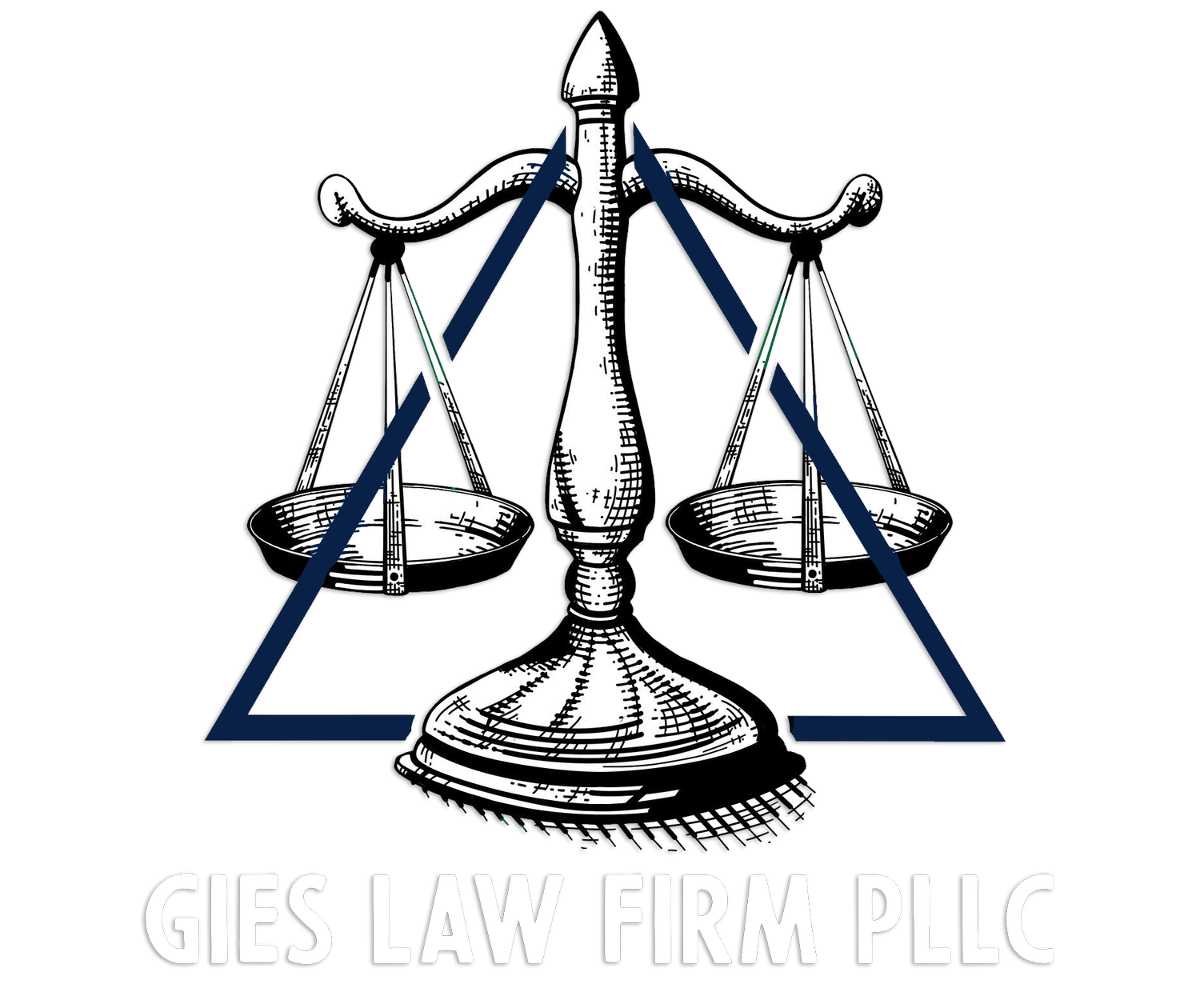Episode 2: Why So Many Oklahoma Cannabis Licensees Got Caught Off Guard
In Episode 2 of The Green Brief, Larissa Darnaby of Landmark Solutions breaks down the original purpose and function of OMMA’s Certificate of Compliance, how it differed from traditional code enforcement frameworks, and why rural cannabis businesses were left blindsided when state enforcement abruptly changed in 2023.
Watch the clip below:
Clip Transcript
Larissa Darnaby (06:58):
So prior to that, OMMA had issued what’s called a Certificate of Compliance. And it was this document that OMMA had put out that had a litany of sign-offs that you would need to get in relation to zoning.
And if I’m in a position as a business owner where I’ve needed this to be compliant for all this time—and we’re talking about zoning, we’re talking about fire code, we’re signing off on…you know, electrical code—and there’s three options that say: meets code, doesn’t meet code, or there’s a third category, “there are no codes.” I would say that it establishes a really solid foundation that that is such a thing in rural Oklahoma: that there are no codes.
You know, I’ve done a lot of research on this. Talked about this before getting on the podcast. Just out of curiosity, I looked into different agencies. So the ABLE Commission requires a Certificate of Compliance that you would fill out in a very similar fashion to how OMMA does. And then also the Department of Health. So for restaurants and things like that, they have a Certificate of Compliance, and they have their own internal plan review that doesn’t touch IFC and IBC codes.
It wasn’t that OMMA just created this out of thin air. These are—I mean, I would call it functional policy. So we’re recognizing limitations in our own state and in our own rural areas to enforce code properly. So we’ve just established these measurements here to go ahead and be conducive to economic development. And then what happened in January 2023 is you have that completely ripped out from under everyone. And on top of it, you’re being told, “Well, this has always been the rules.”
Well, yeah, that rule may have sat on a shelf since 2009, but literally nobody enforced it. And I can tell you from talking with everybody from counties from the bottom up that nobody knew that this code existed. There was no collaborative effort from the State Fire Marshal’s Office to speak with localities about there being minimum codes and things like that. Because up until—I mean, the end of 2023—you had counties that put, “There are no codes outside of corporate limits of XYZ cities.”
So it’s a big mess.”
The shift from Certificates of Compliance to strict enforcement of fire and building codes has exposed major gaps in interagency coordination and policy continuity. For many licensees, particularly in rural areas, the result has been confusion around expectations, documentation and timelines—despite prior approvals under OMMA’s original framework.
As compliance requirements continue to evolve, it remains critical for operators to document past approvals, clarify current obligations, and proactively address any discrepancies with local and state authorities.
Listen to the full episode of The Green Brief with Larissa Darnaby here.
